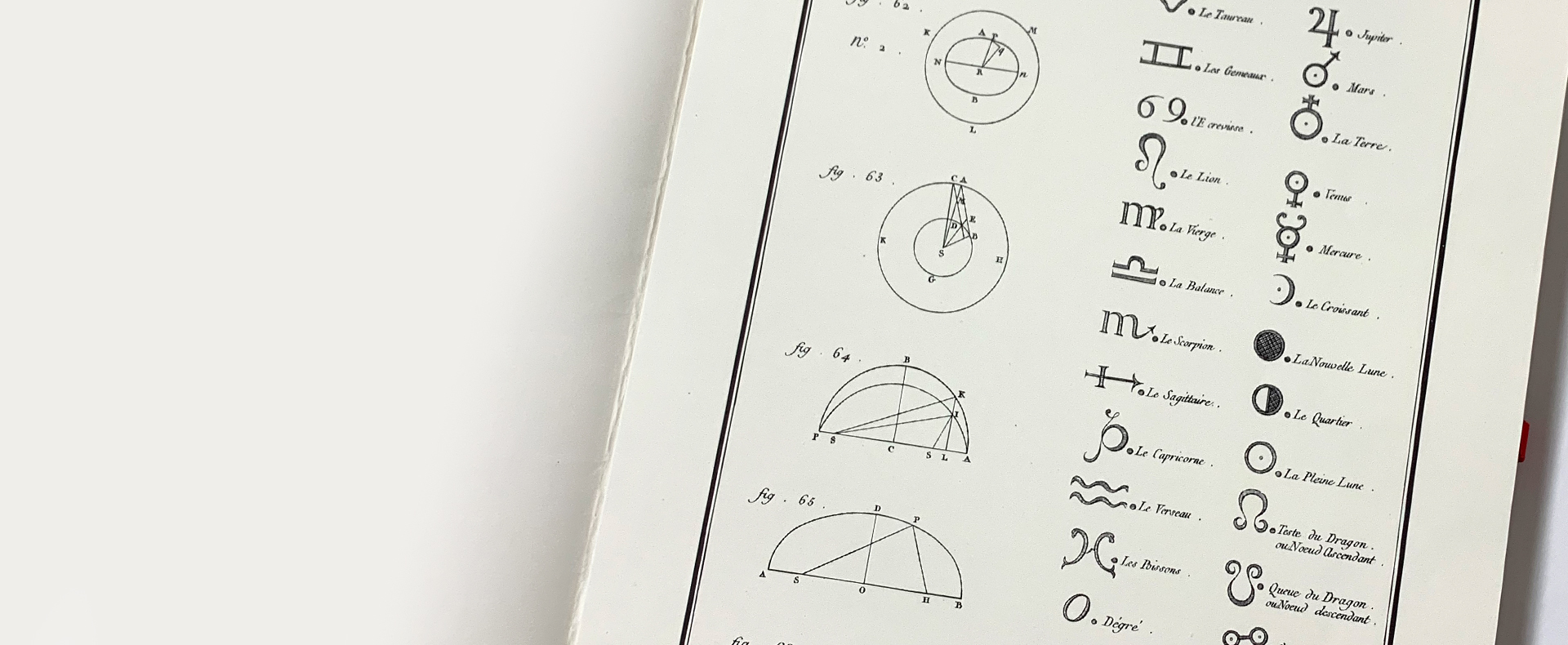
Postdoctoral Fellowship in the History and Philosophy of Medicine

Start date: Flexible
Duration: 2 years
Scholarship: Candidates are expected to conduct research consistent with the objectives of the “Toward a Global History of Drug Effects” Research Project.
Deadline:Open until filled
Applications are invited for one (1) full-time postdoctoral position at the Humanities & Arts department at Technion, Israel Institute of Technology (Haifa, Israel). The successful candidate will join the research project led and organized by Dr. Matthew Perkins-McVey, further conducting independent and collaborative research consistent with the “Toward a Global History of Drug Effects” Research Project.
This project investigates the history of drug effects, not as static biological modalities but in light of their dynamic historical nature. Drug effects are typically treated as relatively ‘hard’ and unchanging, an assumption freely projected into the historical past. And yet, there is a mounting body of historical evidence that appears to rebuke these notions. Looking no further back than the 19th century, we find many familiar intoxicants acting in ways that defy present expectations: energizing sleep aids, narcotizing stimulants. Nor are such divergent encounters strictly temporal. The difference between the reported effects of Chinese opium smoking and European opium eating were so great that many 19th century experimentalists concluded that opium smoking entailed the creation of a novel alkaloid—a different drug altogether. What is to be made of these differences, even with known intoxicants? The “Toward a Global History of Drug Effects” Research Project is an effort to reassess the ‘stability’ of experiential, medical phenomena, thereby realizing their historical embeddedness. This is done through the comparative exploration of various kinds of encounters, pulled from global contexts (India, East Asia, Eastern Europe, Europe, etc.) during the 18th and 19th centuries, beginning with the phenomenon of ‘narcosis.’ Such questions not only reflect on a contemporary world dominated by potent pharmaceuticals, but help define the points of convergence between the biological bases of drug effects and historical consciousness.
In addition to conducting independent research consistent with the project’s goals, a successful postdoctoral fellow will be expected to help manage a website focused on the progress of the research project. They may further help organize colloquia and other events, or assist in teaching, as required.
Candidate research focus is open, as long as it aligns with the objectives of the research project. Familiarity/aptitude in a language other than the core European languages will be considered especially beneficial. Successful candidates will seek to foster ongoing collaborations that bridge the gap between the sciences and the humanities, consistent with the project’s objectives.
Applicants are required to have a PhD in the history and philosophy of science, sensory history, sociology of science, history of drugs and alcohol, or allied disciplines, either (a) nearing the point of completion or (b) completed and granted no earlier than five years prior. We will also consider applicants with a PhD in pharmacology or neuroscience who is interested in expanding the disciplinary scope of their research. A clear record of prior research and publication is considered a prerequisite for this position.
Stipend: $30,000 per year.
The application (in English) should include:
• CV, including a list of publications;
• One writing sample;
• A research proposal (2-3 page proposal, plus bibliography);
• Names and contact details of two/three referees (letters will be requested only from shortlisted candidates).
Please send applications to Dr. Matthew Perkins-McVey (matthewp@technion.ac.il) with CC to Anat Glass (anatg@technion.ac). Shortlisted candidates will be invited for an interview. Their referees will be requested to submit the recommendations by that time.
Candidates who are not selected for a full-time position might be invited to visit the Technion for 2 to 12 months. Informal inquiries can be sent directly to matthewp@technion.ac.il.